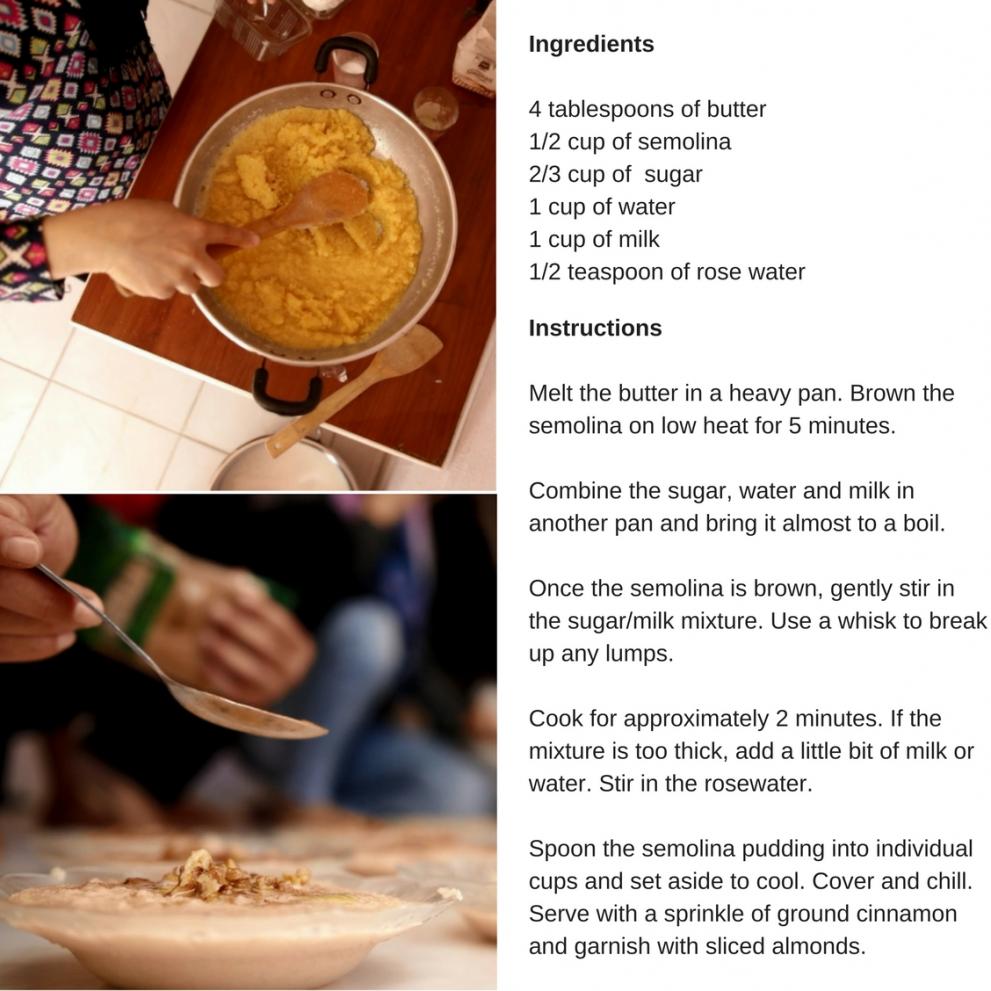Turkey is currently hosting the world's largest refugee population. This includes over 2.7 million registered Syrians, who have fled the ongoing conflict in their homeland. Of those millions, less than 10% are living in refugee camps whilst the rest are surviving in towns and cities.
The European Union and the World Food Programme (WFP) work closely with their Turkish partners to provide crucial food assistance to around 735,000 Syrians in south-eastern Turkey. The help is delivered through an e-card that is given to the most vulnerable refugees, people unable to find work, those afflicted by sickness and disability, and families headed by women or the elderly.
Through the e-food card, each person is given the dignity of choice and can decide how to spend it, on food basics such as fresh meat, vegetables, tea and bread. Items like snacks, chocolates, juice or alcohol are not included in the scheme that is only intended for the most basic needs.
What’s great about this e-card scheme is that it allows those we help to buy and cook the food they like. We take for granted a visit to the supermarket, but for people who have fled conflict and violence, a simple trip to buy groceries helps restore a sense of normality. Syrians are able to shop in regular supermarkets with the e-card, where prices and quality are monitored. They can use the card whenever they like until the money is exhausted.
The e-card is about more than food: it takes away some of the pressure on families to use negative coping mechanisms. They have a bit more resources for meeting their basic needs, with less pressure to spend their last savings to survive. EU support, together with WFP, gives families some normality, helping them start building viable lives in Turkey. The e-food card also helps Turkish host communities because Syrians are encouraged to shop in local supermarkets, thereby participating in the local economy.
EU& @WFP sent food blogger David Frenkiel on a mission to #Turkey
It's a different aspect of food. It's #MoreThanFoodEU
Stay tuned for more! pic.twitter.com/xGQNrnvJEc— EU Humanitarian Aid (@eu_echo) October 3, 2016
As part of this campaign, we invited three successful food bloggers. David Frenkiel from Sweden, Pauline Bossdorf from Germany, and Rens Kroes from and the Netherlands visited the families we are assisting to share their stories. Through their love of food, the three bloggers reach hundreds of thousands of followers on social media.
From left to right: Rens Kroes from and the Netherlands, David Frenkiel from Sweden, and Pauline Bossdorf from Germany.
The bloggers will go grocery shopping, cook and eat with Syrian refugee families. These families are often living in substandard accommodation - windowless garages, abandoned shops or damp basements. For them, food is much more than a necessity. The importance of being able to sit down with their children, share a joyful moment together as a family and eat delicious dishes from back home cannot be under-estimated. For many Syrian refugees in Turkey, food is culture, comfort and home.
Learn more about the people who we help with #MoreThanFoodEU and follow the journey to Turkey through the eyes of three young European food bloggers.
Mamounia is a traditional Syrian pudding. The recipe below serves four. Give this a try with your friends and family and share it on Instagram with our food bloggers using the hashtag #MoreThanFoodEU

